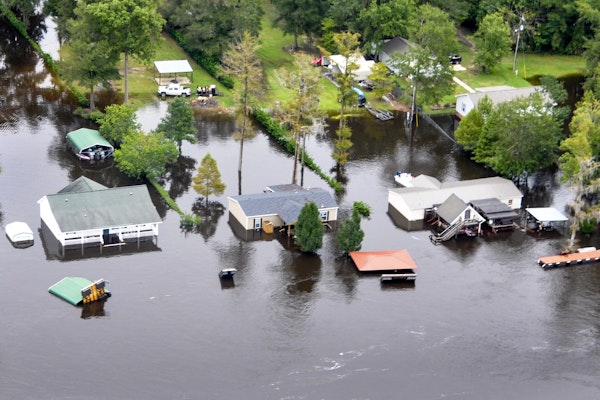
P&C Insurance Embraces Advanced Technology to Tackle Weather and Cyber Risks
Property and casualty insurers are adopting AI and aerial imagery to address climate challenges, cybersecurity concerns, and improve underwriting accuracy, according to a Nearmap report.
November 20, 2024
Catastrophe
Property
Risk Management
Technology

Transforming Claims with Technology: Predictive Analytics and Machine Learning
Predictive analytics and machine learning are reshaping insurance claims management by enhancing efficiency, detecting fraud, and improving customer satisfaction.
November 18, 2024
Fraud
Insurance Industry
Risk Management
Technology

Michigan Workers’ Comp Reforms Could Reshape Benefits and Disability Rules
Proposed Michigan legislation seeks to redefine workers’ compensation laws by increasing benefit caps, revising the definition of disability, and eliminating distinctions between total and partial disabilities.
November 18, 2024
Insurance Industry
Legislation & Regulation
Risk Management
Workers' Compensation
Michigan

Jacksonville Insurance Employees Arrested for $1.14M Fraud Scheme
Two Jacksonville healthcare employees allegedly submitted over 40 false claims, defrauding their employer of $1.14 million from 2019 to 2023. Both face serious charges.
November 18, 2024
Fraud
Insurance Industry
Legislation & Regulation
Risk Management
Florida

Insurers Turn to AI Models to Tackle Rising Losses from Extreme Weather
A ZestyAI survey reveals growing confidence in AI risk models, with insurers emphasizing the importance of innovation in addressing climate-related challenges and profitability.
November 18, 2024
Catastrophe
Insurance Industry
Risk Management
Technology
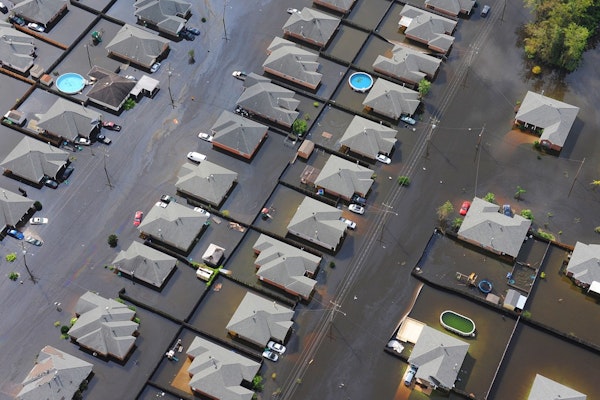
Navigating Flood Insurance Challenges After Hurricanes Helene and Milton
Hurricanes Helene and Milton highlight significant issues in the U.S. flood insurance market, showcasing the gaps in coverage, private market growth, and lessons from Florida’s response.
November 18, 2024
Catastrophe
Legislation & Regulation
Property
Risk Management
Florida

OSHA Reports Fewer Worker Fatalities Investigated in 2024
Worker fatalities investigated by OSHA decreased by 11% in FY 2024, marking the lowest count since 2017. Efforts targeting falls and trench collapses significantly contributed to the decline.
November 18, 2024
Insurance Industry
Legislation & Regulation
Risk Management
Workers' Compensation
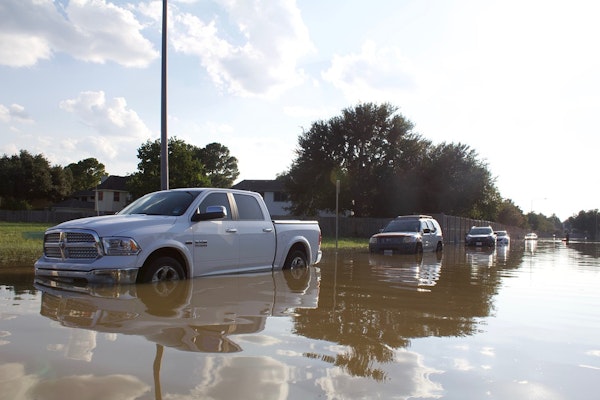
Flood Insurance Gaps Highlighted by Hurricane Helene’s Impact
The devastation caused by Hurricane Helene sheds light on the widespread lack of flood insurance, revealing critical challenges in accessibility, affordability, and risk awareness.
November 18, 2024
Legislation & Regulation
Property
Risk Management
Florida
Louisiana
Texas

Cybercrime on the Rise: Most Americans Report Scam Attempts
A recent report highlights that nearly all Americans have been targeted by digital scams, with billions lost annually to sophisticated cybercrime schemes.
November 15, 2024
Fraud
Insurance Industry
Risk Management
Technology
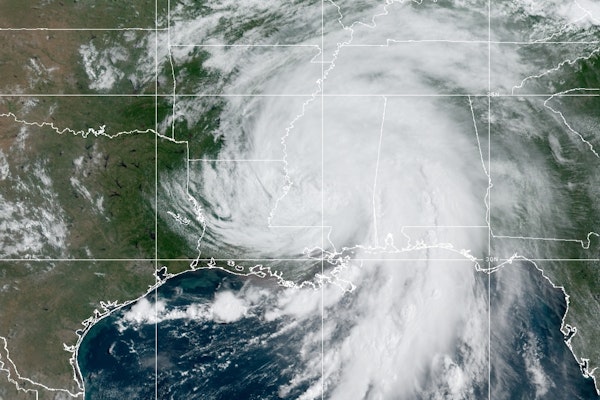
AI Revolutionizes Hurricane Forecasting with Unprecedented Accuracy
AI weather models like GraphCast demonstrated remarkable accuracy during this hurricane season, outperforming traditional models in predicting storm tracks but facing challenges with intensity forecasting.
November 15, 2024
Catastrophe
Risk Management
Technology
Louisiana
Texas

Worker Deaths Decline as OSHA Focuses on Safety Enforcement and Education
A new OSHA report shows an 11% drop in worker fatalities, with significant declines in deaths from trench collapses and falls, attributed to targeted safety efforts, enforcement, and outreach initiatives.
November 14, 2024
Education & Training
Legislation & Regulation
Risk Management
Workers' Compensation
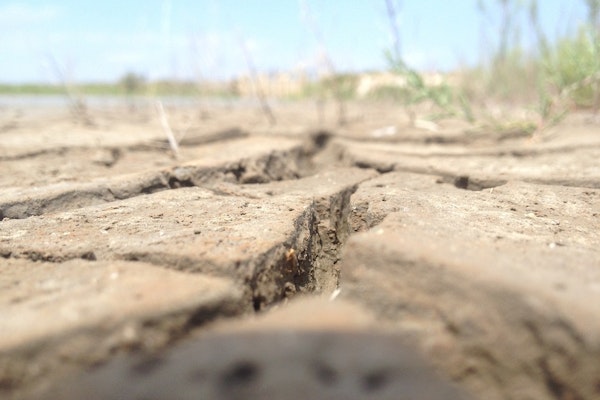
New Climate Research Reveals Worsening Global Conditions in 2024
As COP29 unfolds in a year of record-high temperatures, new research reveals accelerating climate effects, from supercharged storms and wildfire deaths to a slowing Atlantic current, raising concerns about a range of tipping points.
November 14, 2024
Catastrophe
Legislation & Regulation
Property
Risk Management
Florida
North Carolina

Massachusetts Wildfires Spread as Drought and High Winds Intensify Risks
Ongoing drought and high winds have sparked severe brush fires across Massachusetts, with over 1,500 acres already burned this season. Officials urge caution as red flag warnings remain in place.
November 14, 2024
Catastrophe
Legislation & Regulation
Property
Risk Management
Maine
Massachusetts
New Hampshire

GM Issues Recall on Diesel Pickups and SUVs Over Rear Wheel Lock-Up Risk
General Motors is recalling nearly 462,000 Chevrolet, GMC, and Cadillac vehicles with diesel engines due to a defect in the transmission control valve that could cause rear wheels to lock up, raising crash risks.
November 14, 2024
Auto
Legislation & Regulation
Risk Management
Technology
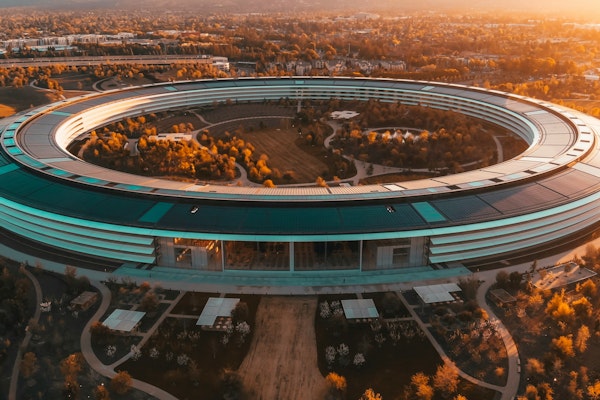
UK Class Action Alleges Apple Monopolizes Data Storage, May Face Billions in Damages
Apple faces a UK class action alleging it unfairly dominates the data storage market by limiting consumer options for external storage. The lawsuit, filed in London, seeks up to £3 billion in damages and highlights ongoing concerns over monopolistic practices by tech giants.
November 14, 2024
Legislation & Regulation
Litigation
Risk Management
Technology





